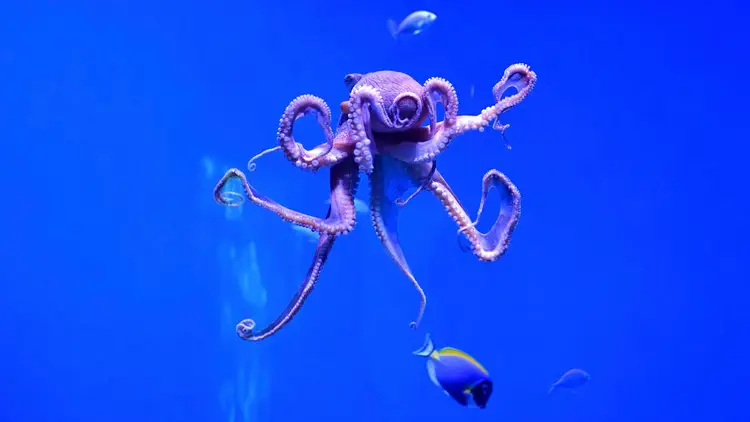Why did Newsom sign an octopus farming ban in California? Here's why

On Monday, Governor Gavin Newsom enacted legislation that prohibits the farming of octopuses as well as the sale of farmed octopus.

The California Oppose Cruelty to Octopuses (OCTO) Act, or AB 3162, was introduced by Assemblymember Steve Bennett, who represents the 38th District, including areas like Oxnard, Ventura, and the Channel Islands. This law prohibits the farming of octopuses intended for human consumption.
The new regulation prohibits business owners or operators from intentionally selling octopuses sourced from octopus farms.
While octopuses might not be a common choice for meals in California, advocates of AB 3162 point out that as the demand for these sea creatures has surged over the past five decades, there is also an increasing focus on creating octopus farming practices.
The recent legislation to prohibit octopus farming was first suggested for two main reasons: the inhumane treatment of octopuses, recognized for their advanced intelligence, and worries about the impact on the environment.

"Octopuses rank among the most intelligent and intricate creatures on our planet. Raising them for food is not just cruel; it also presents serious threats to the environment," stated Assemblymember Laura Friedman, who backed the legislation, during a discussion with an animal advocacy organization. "Instead of relying on questionable farming techniques to cultivate and kill octopuses, we ought to focus on safeguarding our ocean ecosystems to support the recovery of marine life."
Currently, there isn't any significant octopus farming or harvesting taking place in California. However, advocates believe that the legislation would be a forward-thinking move towards animal welfare, positioning California as the second state in the U.S. to prohibit the farming of octopuses.
According to the bill's author, octopus farming can have harmful effects on the environment. This is because aquaculture operations can contribute to nitrogen and phosphorus runoff, which might result in pollution and encourage algal blooms. Such blooms can seriously damage California's marine ecosystems.
Under the new law, it is still permitted to fish for octopuses in state waters with a valid permit, provided that the daily catch does not surpass 35 octopuses.
Although there were no objections to the legislation, several environmental organizations backed it.
The legislation will be implemented starting January 1, 2025.











































